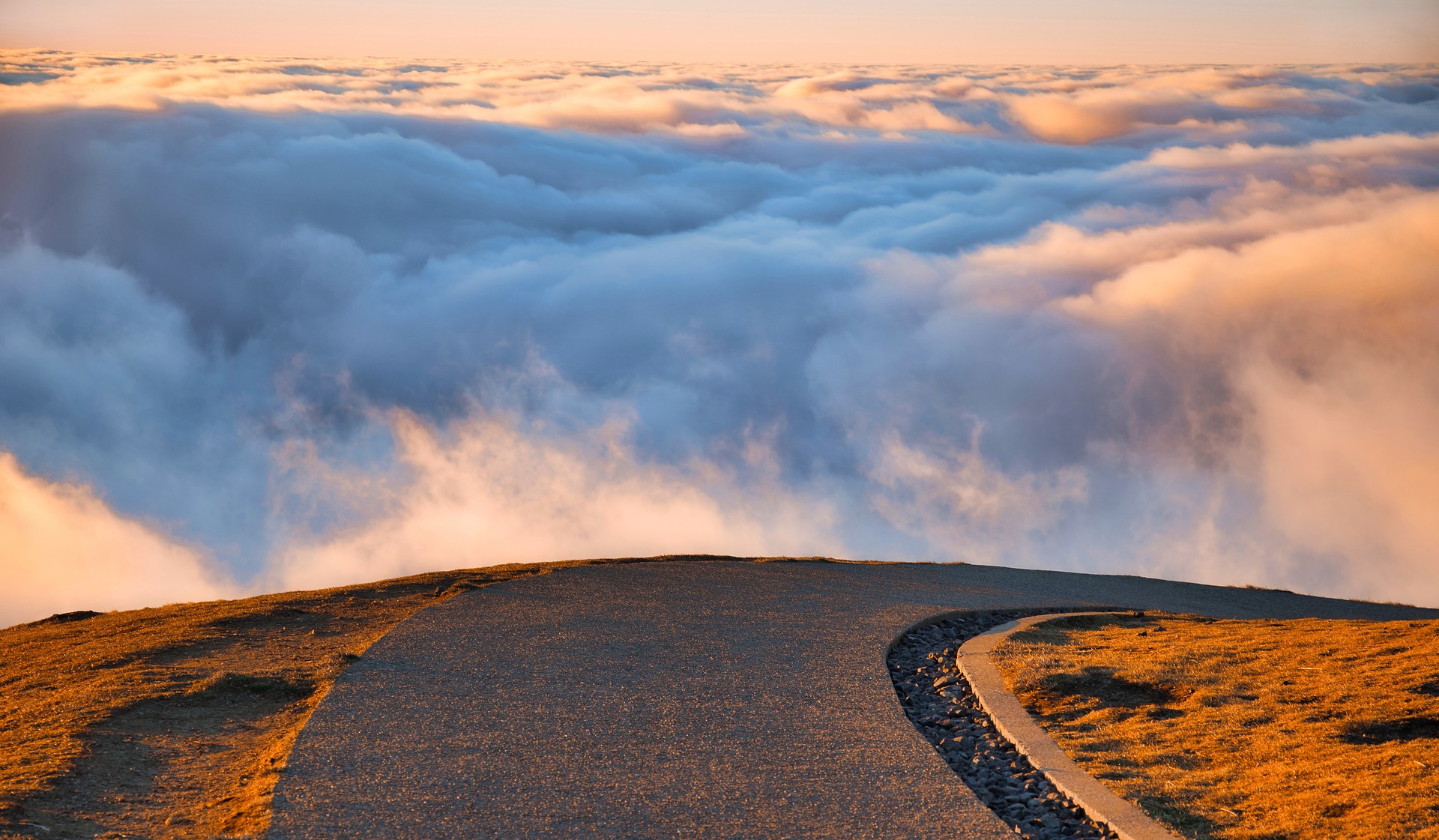How courageous are you? How much do you like uncertainty? Be honest. I personally am not a fan. The stock market, which is essentially a microcosm for human behaviour, doesn’t like it either, and uncertainty plunges it into negative territory. So, from that, I take it dislike of uncertainty is a human thing. Moreover, I like to know what I am getting myself into and what I can expect in any given situation. Expectations are clear and return on investment has a predetermined pathway. It’s all very predictable and it’s all very safe. And as for surprises, they only serve to make me even more anxious than I might generally be. The common thread is the unknown, and all I want to do is mitigate the risk so that I have a handle on what I am dealing with. As if ‘knowing’ will make all the difference.
Playing it safe won’t get you there
Here is the problem with that MO. It’s an attempt to control situations and circumstance and keep everything under wraps. The unintended consequence is stagnation, which is the enemy of creativity and innovation: Now more than ever, the world is crying out for both. To have something different, you’ve got to do something different. To do something different, you’ve got to BE different. Being different just isn’t going to happen when you are playing it safe, having the same safe conversations, approached in the same way. Courage is ultimately about taking risks because you have something at stake and something worth going the extra mile for. Someone or something worth risking looking like a fool for.
Probability or possibility?
It’s a conversation about what’s probable versus what’s possible: Trading what’s a given, for what might be. There’s a saying in Italian, “He who leaves the old road for the new, knows not what he finds”. The meaning is two-fold. Stick with what you know (predictable) and you’ll have more of what you know, or forge a new path (adventure and innovation) and find something different (risk). So, what’s courage anyway? It happens to be the name of our company, Andreia, and one of the four cardinal virtues in ancient Greece and embodies feeling the fear and doing it anyway, taking a risk in service of a goal or an ideal. Courage is when nothing is guaranteed and the outcome is far from certain. True courage is about being judged by the actions taken and not the results achieved. That can be challenging in a results-orientated world.
There’s always a price
In a world where we “are our results” as opposed to having results, the two become collapsed. No wonder we lack courage. We make failure mean something. If I’m starting to sound like I’m romanticising courage, I’m not. It really comes down to how we evaluate the risk. Think about a soldier entering into battle. The soldier fights for an ideal and the price that potentially might be paid for that could be his or her life. Instinctively, we know what this means and it’s why such respect is paid to our Veterans. Here in Australia, the ANZAC legend lives on; part of that is out of admiration for the courage they embody.
There is no courage without vulnerability.
Brene Brown
The stakes, while not that high in everyday life, certainly can feel painful and threatening, when we are exposed and vulnerable.
Evaluating the risk
We have clear choices when it comes to courage and vulnerability. Where do we place the emphasis? Martin Heidegger, German philosopher wrote about running towards death as a way of harnessing its transformative power to shape our thoughts, deeds and actions. He called this ‘being towards death’ and the pull toward authenticity and therefore the courage to be seen and known arises from it. It is a way to free yourself from the judgement of the crowd and the pull of social norms. It remains an inherently risky act; it’s a visceral experience, one in which you will know you are alive and on the court.
Choose how you live; show up!
So often, when we are evaluating whether or not to take a risk, ask for the promotion, speak up about what you want or need or even make the first move in a relationship and be exposed, the deciding factor is what we have to lose. Our brains are wired that way. It takes consciously intervening if we want something other than the predictable pathway. You already know what the familiar road holds. What if, we looked at what we had to gain, a new position, clarity for having spoken up, a new relationship…If you focus on the potential gain, the new road, what impact might that have on those around you? All you have to do to give it your best shot. Ultimately, the result is largely outside of your control and you will know yourself as someone who chooses to ‘show up’, come what may.


